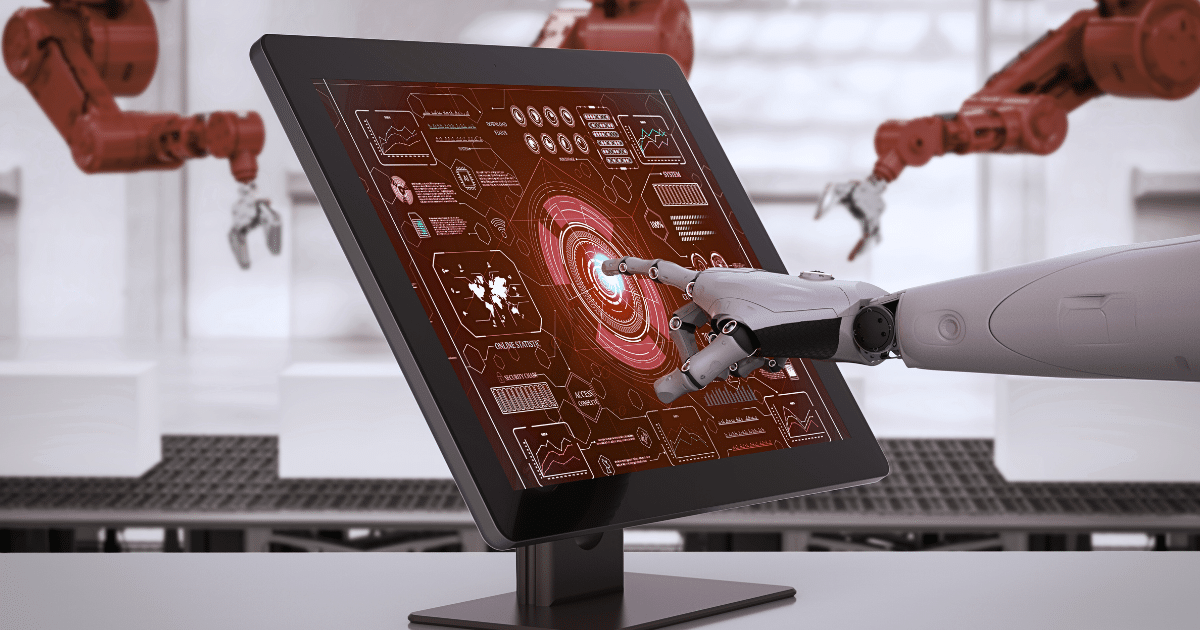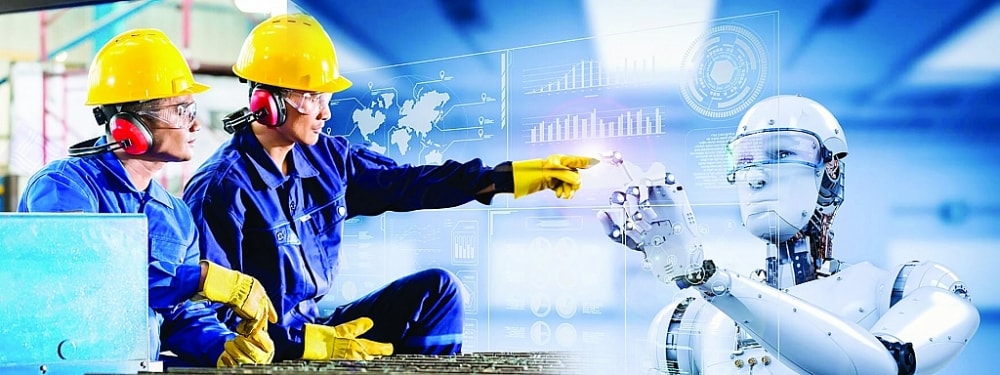The article discusses how AI will widen the skill gap in the labor market, much to the dismay of optimists and futurologists. The influence of AI in the labour market is undeniable. Tech giants’ CEOs (Jensen Huang, Sam Altman, Sundar Pichai) regard it as “the most powerful invention”, capable of transforming every industry. However, as of writing this article, I still wonder “how it is going to change the world”.
Early research suggests AI will level the playing field and democratise opportunities, just like it is predicted to equalize access to education. A study in 2023 by MIT researchers found that the use of AI generative tools could leverage the performance of junior staff by 34%, but they did not find any discernible impact on senior employees. AI literally suggested approaches and solutions that experienced workers were going to adopt anyway. In this case, it serves as a great equaliser by transferring knowledge from the best to the rest.
However, recent assessments have casted doubt on this utopian vision. The narrow scope of early studies, as it turns out, obscures the range of tasks that demand human judgement, in which the top players always outperform average workers. A job, especially an intellectually demanding one, comprises diverse tasks, and unfortunately, AI can only support a portion of those duties, most of which do not require a high level of expertise. For intensive tasks, AI does not perform less well than veterans, and this is where the “AI” scale begins tilting over to humans. Seniors can utilize technologies to make strategic decisions. They outsource repetitive tasks to AI, freeing up hours for them to focus on the creative part of their work.
 Outsourcing, on the other hand, is a model that is perfectly suited to leverage the benefits of AI
Outsourcing, on the other hand, is a model that is perfectly suited to leverage the benefits of AIFor instance, AI-powered programmes now assist in the process of material discovery. They are given information on specific characteristics and run through thousands of possibilities to identify materials possessing those properties. Experienced scientists, armed with extensive subject expertise, can filter through those datasets and eliminate unqualified candidates. Novice scientists, lacking expertise, are left with prodigious amounts of messy and unprocessed data.
All in all, the difference between professionals and amateurs will widen. As insights from AI can aid professionals in decision-making, amateurs only rely on AI for advice that sounds “cliched”: they lack expertise to distinguish good insights from bad ones, thus unable to make. The most important skill, therefore, is combining the power of AI with your knowledge to enhance productivity. AI will undertake the boring tasks, allowing experts to focus on the non-automobile part.
AI might also replace workers. It can commoditize skills and automate tasks; skills once valued for their uniqueness may be replicated by AI. Average workers will feel the pinch, but the top performers will be unaffected as they possess deep knowledge and experience irreplicable by AI.
So, all in all, like previous technological upheavals, AI might favour the most skilled individuals.
– Tran Khanh Huyen
